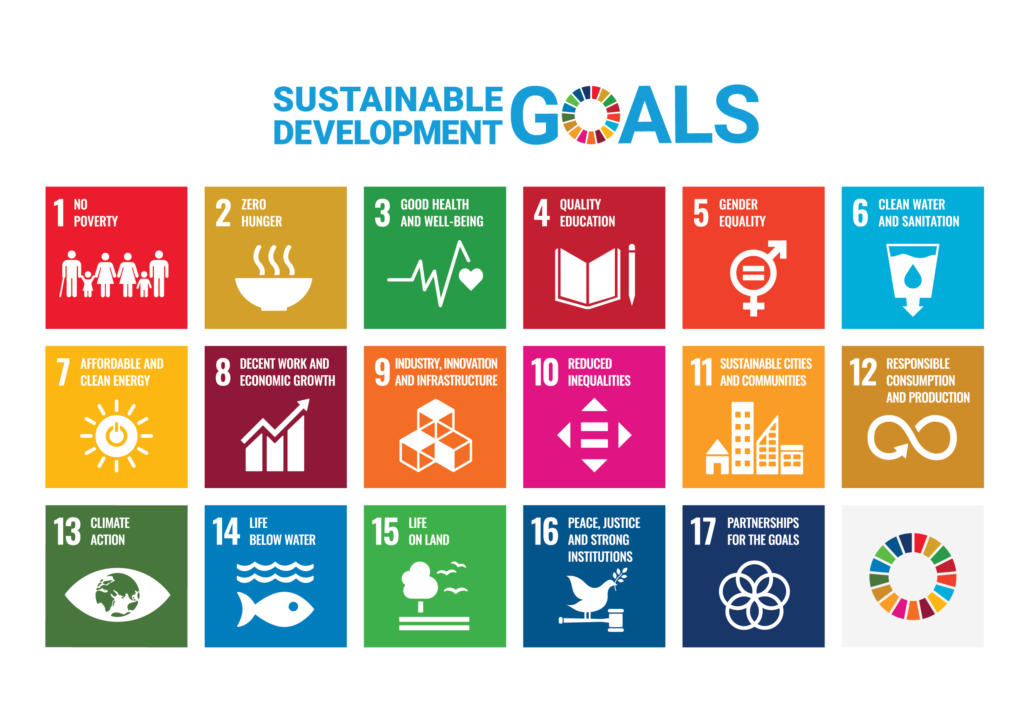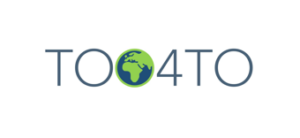Implementation of UN SDGs in Small and Mid-size Enterprises (SMEs): The Challenges and Opportunities

“Sustainable development is the pathway to the future we want for all. It offers a framework to generate economic growth, achieve social justice, exercise environmental stewardship and strengthen governance” (Ban Ki-Moon, 2013)[1]. That is why in 2015, 93 countries agreed on 17 goals and 169 sub-goals at the United Nations General Assembly covering three main areas of sustainable development: ecological, economic and social.
Various studies suggest that a key factor in achieving sustainable development is through implementing corporate social responsibility and systematic sustainability in the private sector. The studies also show that the SMEs account for an overwhelming majority of private sector business and economic activity in both developed and developing countries. Therefore, their impact and significance should be revealed.
According to the EU guidelines, SMEs can be defined as firms with fewer than 250 employees and an annual turnover not exceeding 50 million euros and/or an annual balance sheet total not exceeding 43 million euros (European Commission, 2005). According to the EU Central Bank[2], the SMEs make up to 99.8% of all non-financial companies in the EU, provide 66.6% of jobs and generate 56.4% of added value. Nevertheless, they are currently facing a serious hit due to the COVID-19 pandemic surging situation across the globe. Since that the pandemic has forced around 70% SMEs to shut down their operations. The recovery efforts though are inspired largely by the SDGs through focusing on how to rebuild more inclusive economies and societies, to set a new course for a socially just, low-carbon and climate-resilient world where no one is left behind (Pwc, 2020).
The International Trade Centre report “SME Competitiveness Outlook” (2019) indicates that, the SMEs can contribute to improving the SDGs through four channels: employee impacts (Goals 1, 2, 3, 8), business practice impacts (Goals 5, 8, 9, 10, 12, 13, 14, 15, 16), sectorial impacts (Goals 2, 3, 4, 5, 7, 9, 11) and national economy impacts (Goals 1, 8, 9, 10, 17). This confirms the experts’ observations that the SMEs play a key role in achieving the economic SDGs, as well as fostering innovation and sustainable industrialization, in addition to their contribution to the promotion of human development through promoting social progress, addressing income inequalities by providing good-quality jobs and working conditions.
In other words, one may state that SMEs are “a major engine” of economic growth and socioeconomic development. Therefore, their potential contribution to the realization and implementation of the SDGs is vital. This potential however is undermined by various challenges; a limited number of (qualified) employees, scarcity of collaboration between the SMEs, governments and higher education institutions, limited access to finance, lack of knowledge, skills and tools for business model innovations as well as insufficient marketing and strategic management skills. Moreover, with the overwhelming waves of information available and the general lack of expertise compared to larger companies, the SMEs face uneasiness in identifying how they can contribute to the SDGs realization. That being said, it has been proven that there is a wide range of knowledge, educational objectives, capacities and skills development methods implemented within educational initiatives frameworks which can successfully help in filling this substantial gap and achieving the SDGs by 2030. Accordingly, attaining the SDGs requires a much more responsible policy and a much stronger public consensus, association and dialogue with all stakeholders including government, businesses, civil society and higher educational institutes (Belyaeva, Lopatkova, 2020).
In accordance with the EU adherence to the realization and implementation of the SDGs, education is recognized to be one of the main catalysts of overcoming the above-mentioned challenges and attaining sustainable development. Accordingly, several European initiatives are focusing on global partnership and cooperation in this field.
Being one of these initiatives, the EU-funded Erasmus+ project TOO4TO aims at enhancing the knowledge, skills, and capabilities of (future) employees and managers and providing them with a working-life oriented educational tool for promoting sustainable development. This, consequently, will help in addressing the challenges faced by the SMEs in incorporating the SDGs; given that the gap between businesses and higher education institutions will be bridged, employees will be more qualified and informed, and sustainability and innovation will be more integrated in the study programs to help lessen the lack of knowledge on that front.
Thus, if the challenges mentioned previously vanquish and the SMEs engage with the SDGs successfully at the local level, that can help in increasing the global sustainability and the SMEs can contribute about 60% of the sustainable development targets (ITC, 2019).
Written by Ashrakat Ashraf Fouda, Global Impact Grid
References:
Belyaeva, Z., & Lopatkova, Y. (2020). The Impact of Digitalization and Sustainable Development Goals in SMEs’ Strategy: A Multi-Country European Study. Palgrave Studies In Cross-Disciplinary Business Research, In Association With Euromed Academy Of Business, 15-38. doi: 10.1007/978-3-030-45835-5_2
COVID-19 Private Sector Global Facility announced at SDG Business Forum. (2020). Retrieved 14 May 2021, from https://www.pwc.com/gx/en/news-room/press-releases/2020/pwc-joins-global-private-sector-facility.html
International Trade Centre. (2019). SME competitiveness outlook 2019: Big money for small business – Financing the sustainable development goals. ITC, Geneva. Retrieved from http://www.intracen.org/publication/smeco2019/
User guide to the SME Definition. (2005). Retrieved 14 May 2021, from https://ec.europa.eu/regional_policy/sources/conferences/state-aid/sme/smedefinitionguide_en.pdf
[1] https://www.un.org/sg/en/content/sg/statement/2013-09-05/secretary-generals-remarks-g20-working-dinner-sustainable
[2] https://www.ecb.europa.eu/press/key/date/2021/html/ecb.sp210301_1~ab924b7e65.en.html


